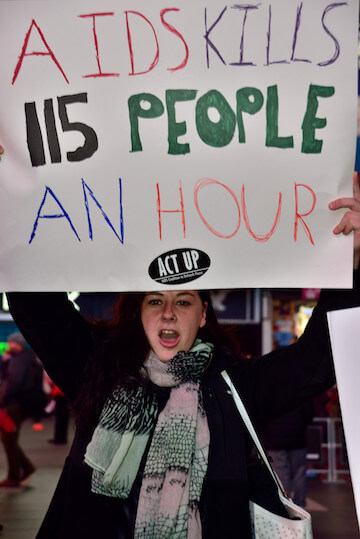A unanimous three-judge panel of the US Ninth Circuit Court of Appeals has rejected a constitutional challenge to a voter initiative that compels actors in adult films to use condoms during scenes of anal or vaginal intercourse while filming in Los Angeles County.
The December 15 ruling affirmed a decision by District Judge Dean D. Pregerson, who had struck down portions of the ordinance while also denying a motion from adult film industry plaintiffs to stay its enforcement while their legal challenging was pending.
Those plaintiffs appealed Pregerson’s denial to the Ninth Circuit, while the ordinance’s proponents objected to the district court striking down some of its provisions.
Los Angeles video producers fail to block new voter-initiated requirements for sheathed anal, vaginal sex
LA County voters approved the ordinance in November 2012, and among a variety compliance and enforcement provisions, it also required the use of condoms during oral sex and mandated county-approved training in blood-borne pathogens for some employees of the film productions.
Pregerson agreed to block enforcement of the oral sex condom requirement and he narrowed the definition of “adult films” to only those that depicted anal or vaginal penetration.
The plaintiffs contended that their First Amendment rights to freedom of expression were being unconstitutionally abridged by the ordinance, contending that it was a content-based regulation of speech for which a compelling state interest had to be demonstrated. The court concluded, however, that the motivation of voters was not to interfere with the filmmakers’ erotic “message” but rather to prevent the transmission of STDs, especially HIV, which the news media reported was on the rise among adult film actors.
According to Judge Susan P. Graver’s opinion for the appeals court panel, the filmmakers had contended “that condomless sex differs from sex generally because condoms remind the audience about real-world concerns such as pregnancy and disease,” so that “films depicting condomless sex convey a particular message about sex in a world without those risks.”
The court disagreed, finding that “whatever unique message Plaintiffs might intend to convey by depicting condomless sex, it is unlikely that viewers of adult films will understand that message. So condomless sex is not the relevant expression for First Amendment purposes; instead, the relevant expression is more generally the adult films’ erotic message.”
The restriction on the filmmakers’ speech, Graber wrote, was “de minimis.”
“The requirement that actors in adult films wear condoms while engaging in sexual intercourse might have ‘some minimal effect’ on a film’s erotic message,” she asserted, “but that effect is certainly no greater than the effect of pasties and G-strings on the erotic message of nude dancing. ” Restrictions on nude dancing in public venues have been upheld against similar constitutional challenges by the Supreme Court.
The filmmakers accepted the contention of the ordinance’s supporters that the government has a legitimate interest in preventing the spread of HIV, but they argued the ordinance was not sufficiently “narrowly tailored” to achieve this. Regular testing of actors sufficed to avoid transmission, they argued, noting the industry has voluntarily adopted such testing requirements for a number of STDs.
Judge Pregerson, however, had received evidence that the rate of STDs among adult actors in LA was higher by a statistically significant amount than that of the general public.
The appeals court upheld Pregerson’s refusal to block enforcement of the ordinance generally but also his decision to bar the government from carrying out certain of its provisions. The case now goes back to the district court for a trial on the merits.
Pregerson’s ruling in this case predated the emerging consensus that consistent use of Pre-Exposure Prophylaxis (PrEP) by HIV-negative people can sharply reduce the likelihood of HIV transmission through condomless sex. The ordinance, however, is broadly-written to embrace all sexually-transmitted pathogens, not just HIV, so it is uncertain that the PrEP factor will change the likely outcome of the filmmakers’ challenge to the law on the merits.


































